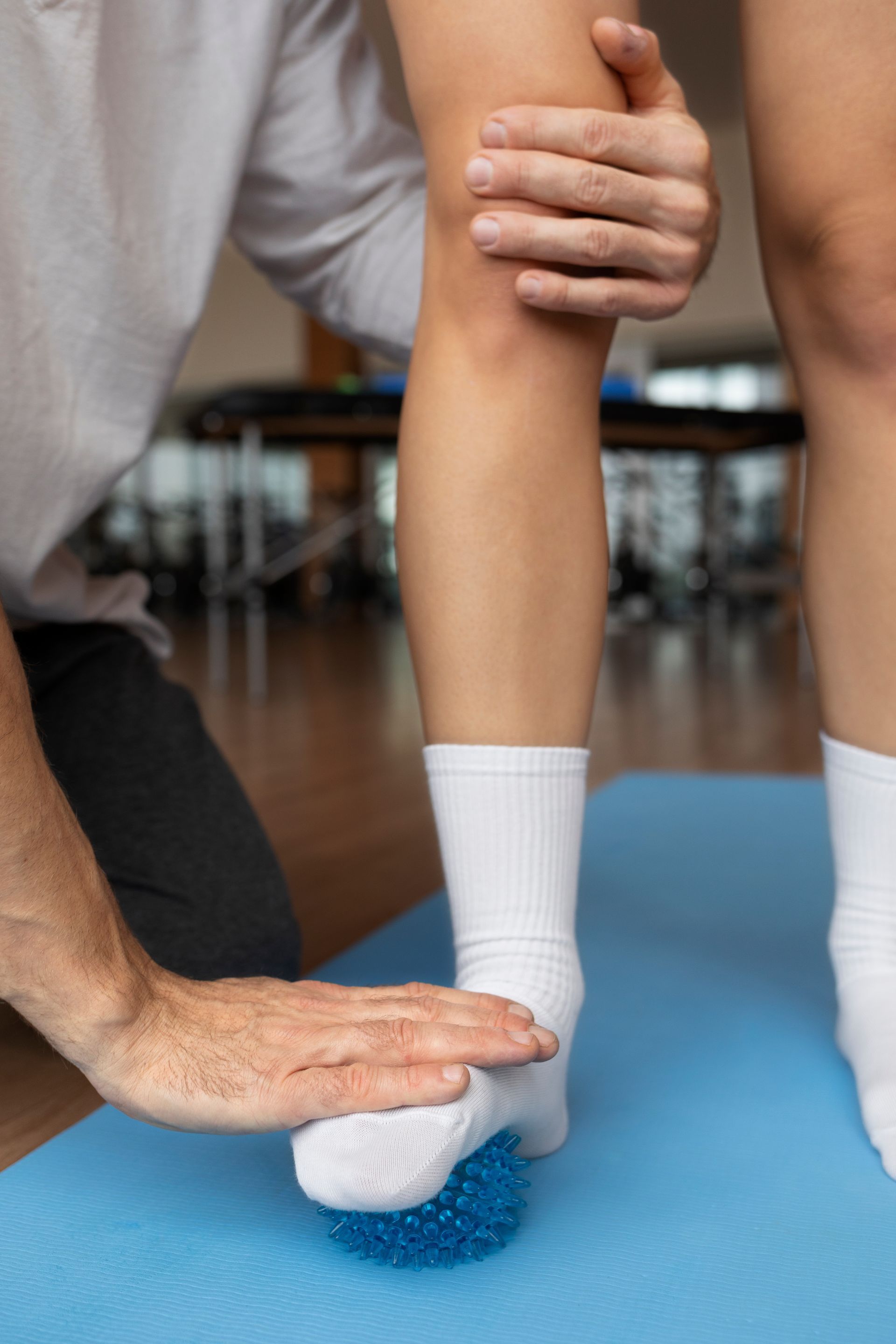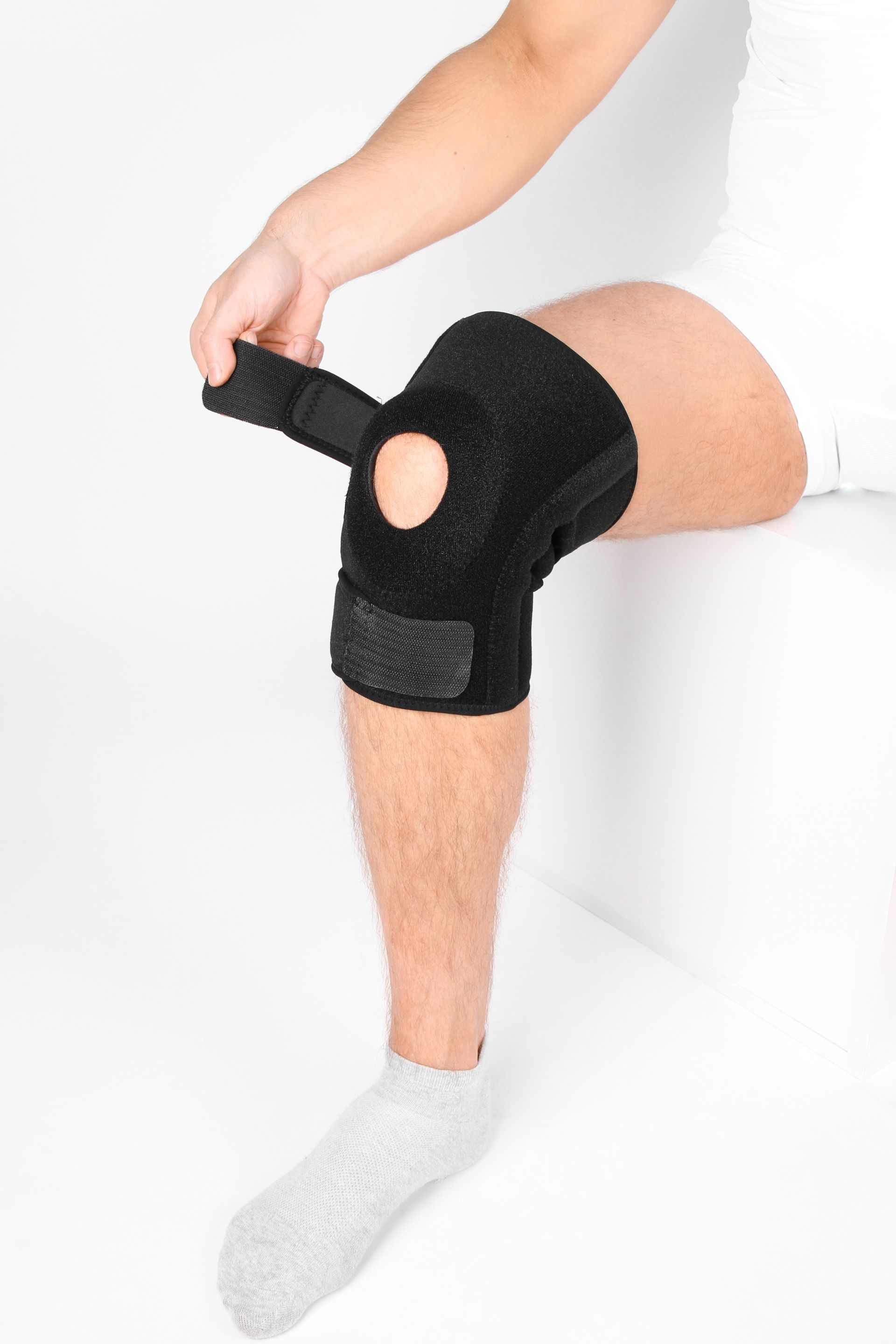You're Sleeping Wrong! 4 Ways Your Pillow Could Be Causing Neck Pain
Sleep. It’s one of life’s necessities, and when we don’t get quality zzz’s, our body certainly lets us know. One of the most common consequences of poor sleep is neck pain, which can put a damper on your daily activities and overall mood. You may not realize it, but one of the biggest culprits causing your neck pain could be your pillow. That’s right, your fluffy companion could be betraying you. To guide you toward pain-free, restful nights, we're outlining four ways your pillow could be causing neck pain and how to correct these issues.
1. The wrong pillow can cause your head and neck to be out of alignment, leading to pain
When we sleep, we want our spine to be in a neutral alignment. This means our head, neck, and spine should be in a straight line to reduce stress on our muscles and joints. When your pillow is too high or too low, it can cause your neck to bend out of alignment, resulting in strained muscles, increased pressure on joints, and discomfort that you carry with you into the day. To prevent this, aim for a pillow that keeps your head and neck aligned with your spine.
2. Side sleepers: Use a thin pillow to support your neck
If you're a side sleeper, you may find a standard pillow simply won't cut it. Instead, use a thin, contoured pillow designed specifically for side sleepers. These pillows have a dip in the middle to cradle your head, while the slightly elevated edges provide extra support for your neck. This design helps maintain proper alignment and prevents your head from tilting too far up or down, reducing the chance of developing neck pain. Additionally, using a small, firm pillow between your knees can also help to keep your spine aligned and alleviate strain on your lower back.
3. Back sleepers: Use a medium-firm pillow to keep your spine in neutral alignment
While back sleepers have a slight advantage when it comes to spinal alignment, using the wrong pillow can still lead to discomfort. A medium-firm pillow is recommended for back sleepers to provide support while maintaining a neutral spine. You can opt for a pillow with a lower loft, or one that has a special cradling contour to support the natural curve of your neck. Avoid pillows that are too firm, as they can elevate your head too much, causing strain on your neck muscles.
4. Stomach sleepers: Avoid using a pillow altogether or use a very thin one
Sleeping on your stomach is generally not recommended, as it can lead to strain on your neck and spine. However, if you must sleep in this position, opt for a very thin or no pillow at all to keep your head and neck as close to the mattress as possible. Stomach sleepers might also benefit from a small pillow under their pelvis to support the natural curve of the spine and reduce lower back pain. Keep in mind that the best way to reduce neck pain is by gradually transitioning to a side or back sleeping position.
Invest in Your Sleep to Prevent Neck Pain
Paying attention to your sleep position and selecting the appropriate pillow can make a significant impact on reducing neck pain and achieving a comfortable night's rest. If your neck pain persists despite making these adjustments, it may be time to seek professional help from a physiotherapist. Delta Physiotherapy & Rehab can evaluate your situation and develop a tailored approach to alleviate your neck pain.
Contact us today to take the first step towards pain-free sleep and improved health.










